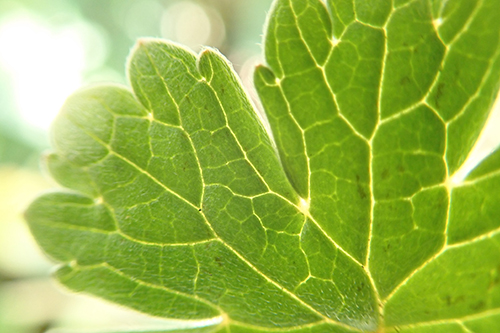The goal of today's virtual event is to encourage as many people as possible around the world to experience the amazing and important roles plants play in our lives and in nature. Fascination of Plants Day is about showcasing the importance of plant science for agriculture and sustainable production of nutritious foods, as well as understanding the diversity of plants around the world.
Professor Claire Grierson, Head of the School of Biological Sciences at the University of Bristol, said: "During the pandemic many people have come to appreciate nature more and to enjoy watching the plants around them thrive. It is really exciting to think about the many ways plants can help us, from providing food, clothing, oxygen in the air and beauty around us, to stabilising climates and capturing carbon. Which challenges do you think are most important for the next ten years and why?"
Questions can be submitted until the end of June 2021 at: www.newphytologist.org/100-important-plant-science-questions-revisited.
One hundred questions from these submissions will be selected by a panel and the final list will be published in The New Phytologist.
